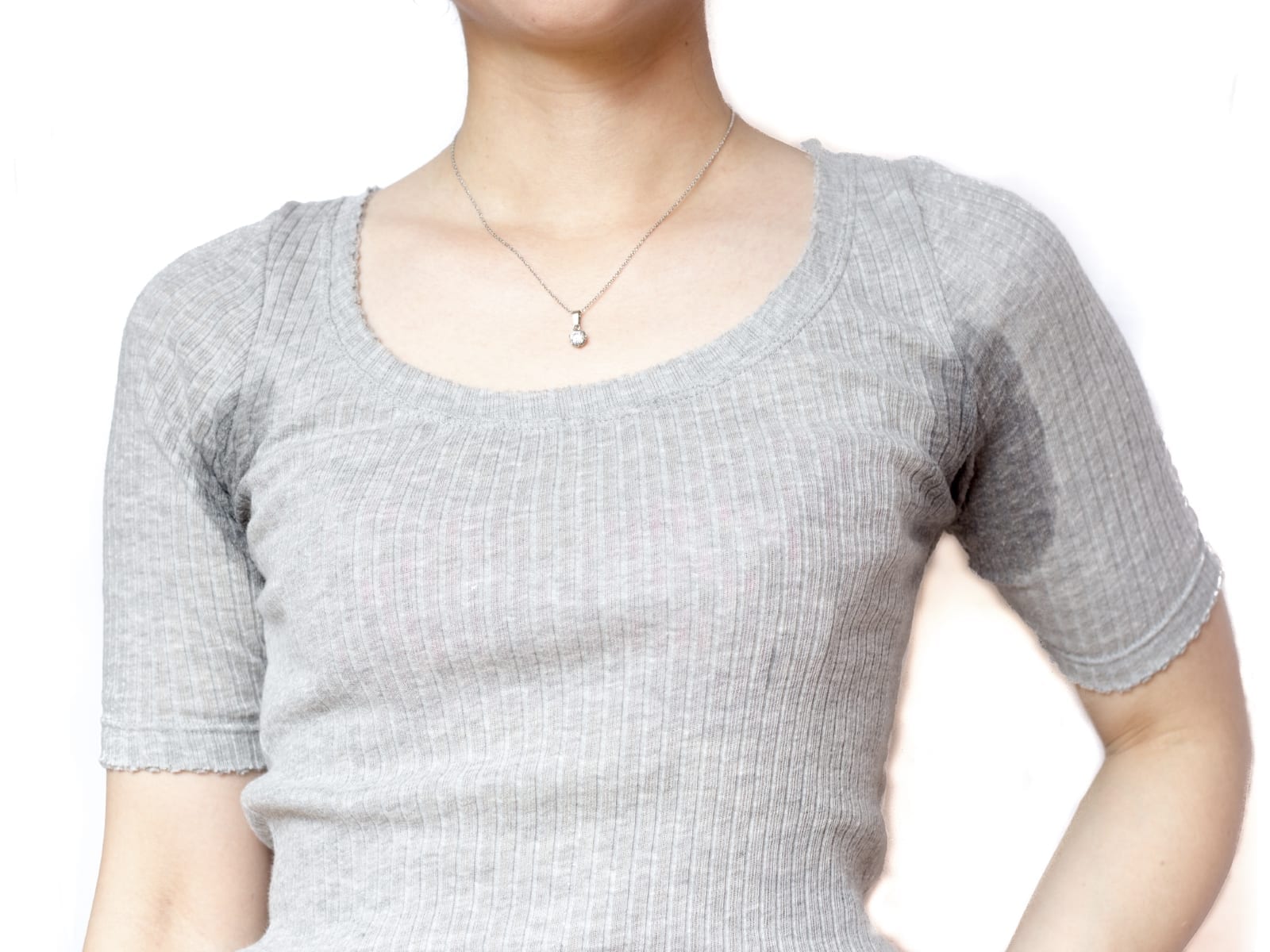Our Clinic in Guernsey
Albert House
South Esplanade
St. Peter Port
Guernsey
GY1 1AW
Tel: 01481 736699
Fax: 01481 736688
View on Map
If you require further information about any of our treatments, our medical team, or availability of appointments, please do not hesitate to contact us by telephone, email or simply by filling out the contact form.
Albert House
South Esplanade
St. Peter Port
Guernsey
GY1 1AW
Tel: 01481 736699
Fax: 01481 736688
View on Map
Operating across the Channel Islands and in the UK, the Aesthetic Skin Clinic (ASC) is a trusted, leading name within the medical aesthetic industry. Our cosmetic clinics are located in Jersey and Guernsey, as well as Belfast, Northern Ireland.
Albert House
South Esplanade
St. Peter Port
Guernsey
GY1 1AW
Tel: 01481 736699
Fax: 01481 736688
View on Map
Find out more
A lot of people are embarrassed about their excessive sweating but don’t realise that this issue could be down to a medical condition. While hyperhidrosis is relatively common, it can lead to a lack of self-confidence and self-esteem for those suffering from it; the condition can affect the whole body or just specific areas and, while it can get better with age, it’s not a given. However, there are ways to treat excessive sweating.
At The Aesthetic Skin Clinic, we aim to help you deal with excessive sweating and help you to live a normal life without the hassle (as well as psychological issues) that often accompanies the condition.

Sweating is a normal response to heat, exercise and anxiety; however, in some cases, the sweat glands produce more sweat than usual, which can lead to physical and psychological issues. Just in the UK, between 1 to 3 people in 100 suffer from hyperhidrosis, with the main affected areas being the armpits, the palms of the hands, the groin, the soles of the feet, the face and the chest. Excessive sweating can develop at any point in life, although it tends to start during childhood or puberty.
This long-term condition can be embarrassing and impact people’s self-esteem and lifestyle. From avoiding touch (such as shaking hands) to avoiding activities that require a lot of movement, hyperhidrosis can affect people negatively. Those who suffer from excessive sweating tend to have more showers, change clothes often and apply deodorant several times a day.

A lot of the time, hyperhidrosis doesn’t lead to serious health problems, despite the fact that it can clearly lead to physical and emotional ones. Nevertheless, people suffering from excessive sweating can develop physical complications from it. For example, if you have this condition, you are at a higher risk of fungal infections, such as athlete’s foot and nail fungi, and you may also be more vulnerable to developing warts.
Excessive sweating can occur due to anxiety, medication side effects, pregnancy, menopause, low blood sugar, overactive thyroid gland, and more; no matter the underlying reason, there are several things you can do to help with hyperhidrosis. Avoid tight clothes and fabrics like nylon, opting instead for loose-fitting garments. Spicy foods and alcohol should also be avoided when possible, since they can worsen perspiration. Choose socks that absorb moisture and change them twice a day, at least, and try not to wear enclosed boots that may cause your feet to sweat more.
You may also ask your pharmacist for stronger antiperspirants, powders that can absorb sweat (especially in your feet) and even alternative soaps that aren’t so aggressive on your skin. Some cases of hyperhidrosis may be more severe and require specialised treatments. From taking tablets to reduce sweating to having surgery to remove sweat glands, you can rest assured that, while there is no cure for this condition, there are several ways to manage it and help you to have a normal day-to-day life.
However, you may not want to go under the knife. Because we understand that surgery is not for everyone, we offer a simple procedure at The Aesthetic Skin Clinic that requires only an injection: Anti-Wrinkle Treatment. This treatment will require regular touch-ups, given that it’s not a permanent solution, but it will decrease excessive sweating for months, allowing allow you to enjoy a worry-free day-to-day.

Anti-Wrinkle Treatment, a purified protein produced by the clostridium bacterium, is most commonly used for cosmetic treatments, where we utilise small amounts of Anti-Wrinkle Treatment to relax dynamic wrinkles and smooth the skin. It’s also used to treat excessive sweating. Anti-Wrinkle Treatment is a safe and very efficient procedure which works by blocking a chemical that stimulates the sweat glands. Each case is unique, so you’ll be able to learn more about how we can help by speaking to our of our world-renowned doctors.
Generally speaking, an anaesthetic cream is applied before treatment to numb the area, so discomfort is minimal. You may feel a mild stinging sensation and a transient headache right after the procedure. Results may take 3 to 10 days to develop fully and will last 3 to 6 months. The treatment is not recommended if pregnant or breastfeeding, or if you have damaged nerves or muscle complaints.
Excessive sweating may not pose a serious health threat, but it can be embarrassing and distressing. It can also impact your life. People with hyperhidrosis may avoid physical contact or exercise, become more socially withdrawn, and may even find that excessive sweating interferes with their job. Due to this, it’s important to manage the condition; hyperhidrosis is often a long-term issue, but it’s possible to keep it under control and improve your quality of life.
Looking for Anti-Wrinkle Treatment in Belfast, Anti-Wrinkle Treatment in Jersey or Anti-Wrinkle Treatment in Guernsey? We can help you get the treatment you need to deal with your excessive sweating, so talk to us if you wish to learn more about this simple, non-surgical procedure.




